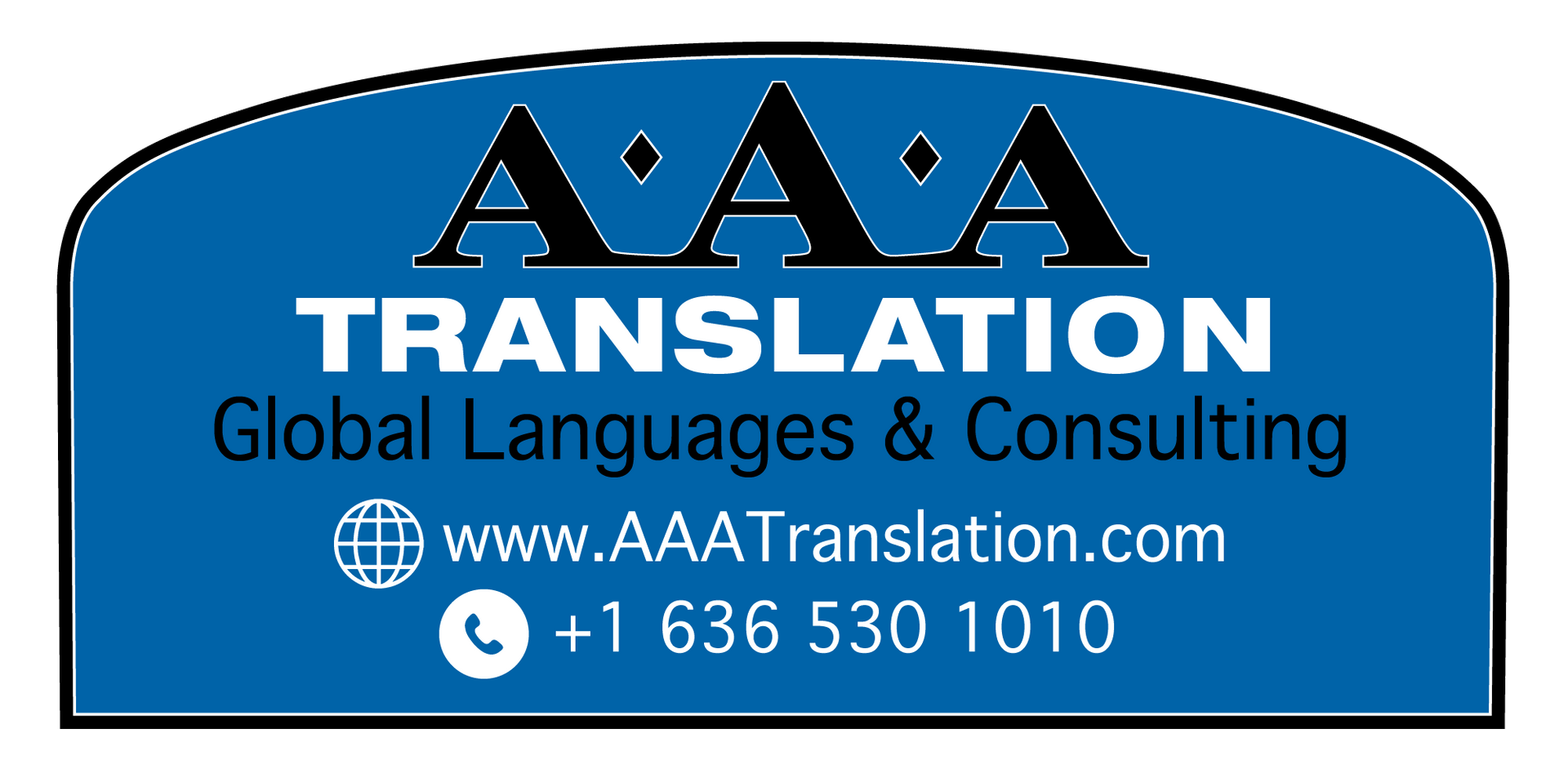When Small to Mid-Sized Companies Go Global: HR Tips for Global Remuneration
As global markets provide growth opportunities and expanding technology enables us to communicate with anyone around the world, more and more small to mid-sized businesses are hiring people across geographic and cultural boundaries. This new territory creates the need for global HR policies and programs, which can be tricky to navigate.
“One of the many challenges global companies face is remuneration. Global integration of pay programs requires careful benchmarking, country market pricing, cultural considerations and much more,” says Jan Schoemehl, owner and principal consultant at Growing GlobalHR Partners.
There are many factors for companies to consider related to global compensation and benefit programs, including:
Work-Life Balance
Not historically found in U.S.-based businesses, HR policies related to work-life balance are common and/or mandated by law in many international markets, including Europe. These can include flexible work time, extended holidays, equal rights, paternity leave, extending health care benefits to same-sex partners and more.
Language Laws
Laws in countries like Belgium, Chile, France, Poland, Portugal, Quebec, Turkey and more require that most employee communications— including written compensation and benefits plans —be communicated in the local language. Even if a company declares that English is the organization’s official language, it doesn’t allow them to ignore these laws. It’s important to research the laws in each country where you’ll operate and then translate all required HR documents in those areas.
Definitions
Any
global pay, bonus or benefits plan should clearly define all key terms.
Common words or phrases in the U.S., such as “regular,” “full-time”,
“salaried” or “exempt” may mean something different (sometimes
significantly different) abroad.
Cross-Border Alignment
American headquarters employees might get employer-provided medical insurance, dental insurance, an adoption-reimbursement plan and a company severance pay plan. Meanwhile, executive employees in your France office might get a profit-sharing plan and company cars. Isn’t it best to extend these offerings to all teams? Perhaps. But perhaps not. For example, the U.S. doesn’t have a broad socialized government medical care system, but France does, so this benefit isn’t needed there. Conversely, executive company cars are expected in Europe and sometimes tax-advantaged, whereas they are not the norm in the U.S. Look carefully at what you want to extend to all employees and what benefits or compensation are best to offer only in a specific country or continent.
Local Compensation Laws
Discrimination and pay laws can vary quite a bit in difference countries. For example, discrimination laws in Europe and other parts of the world can force an employer that gives a benefit to one class of workers to offer the same to all equivalent-or-higher employee groups. Laws in Europe also ban the common U.S. practice of limiting a benefit (such as medical insurance) to full-time staff. Laws in the Middle East prohibit compensating foreigners more than locals. And bonus plans that pay a significant percentage of employee compensation can trigger quirky local pay laws. Always do your research.
To learn more, contact AAA Translation or Growing Global HR Partners.
